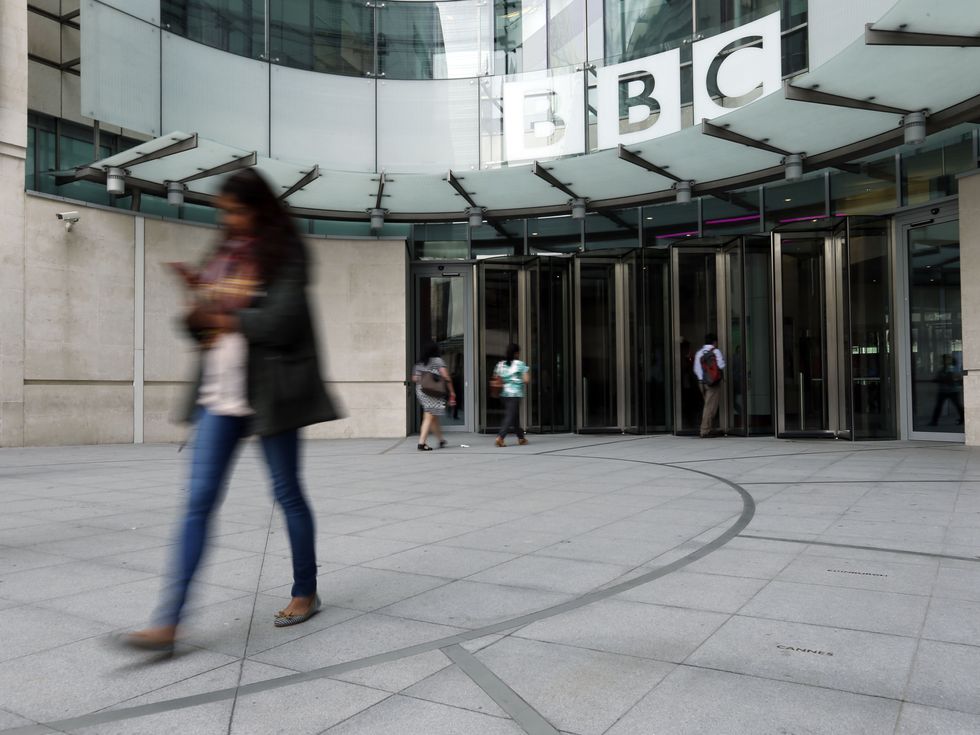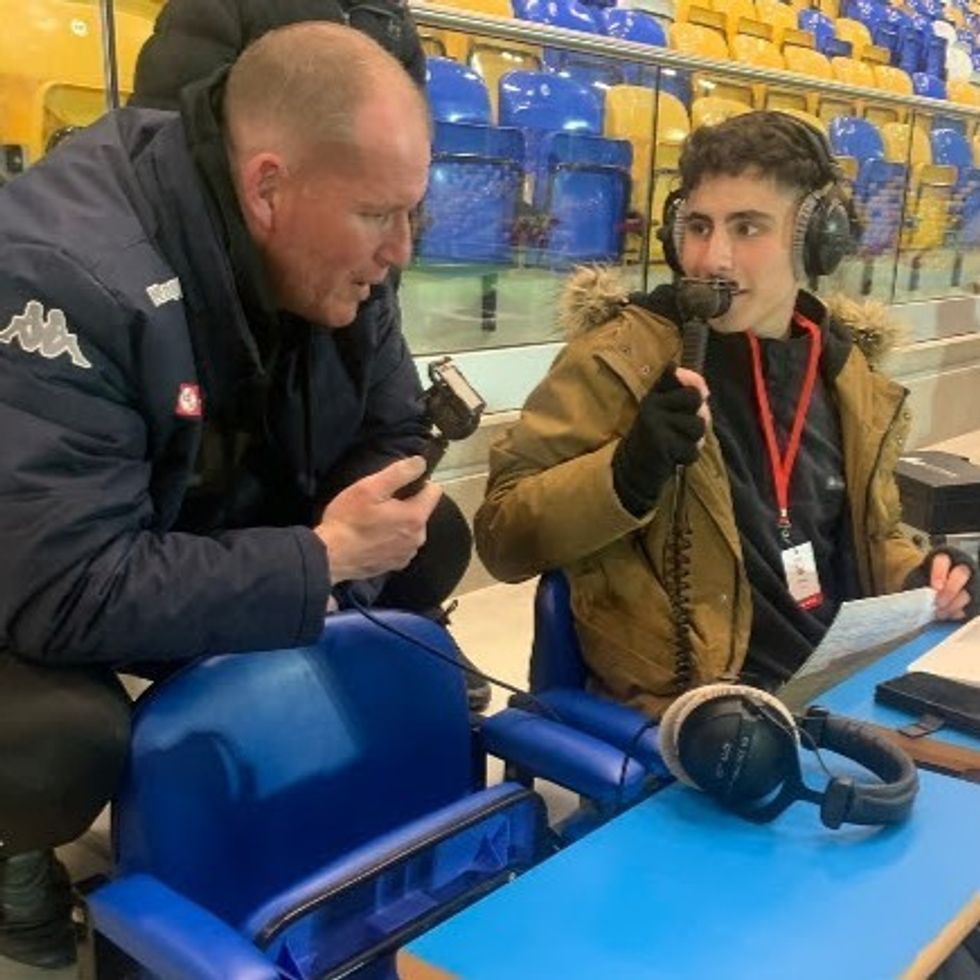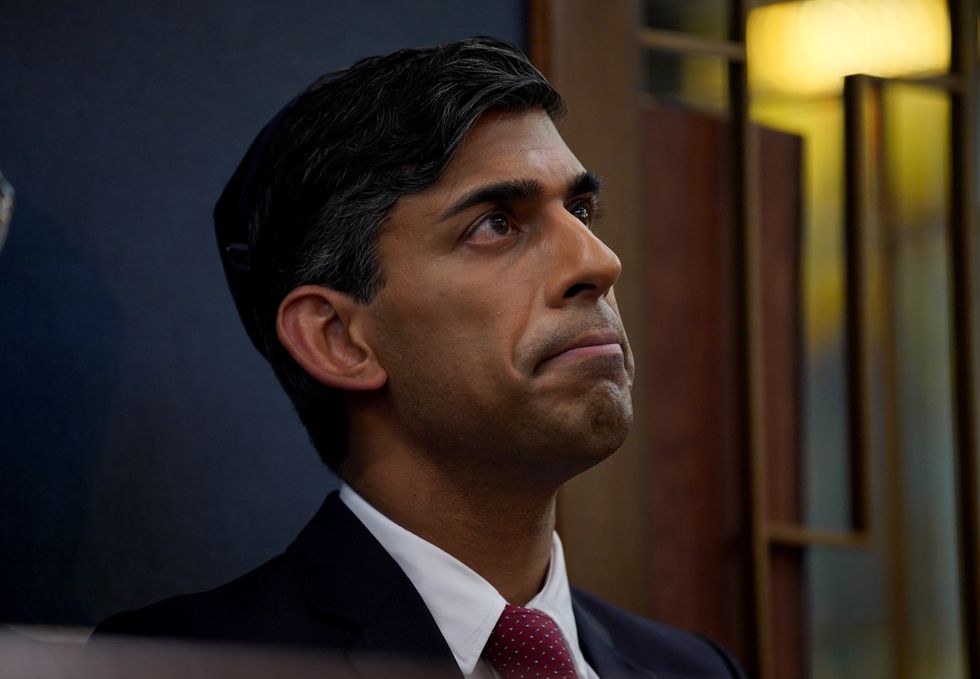BBC reporter resigns in protest over broadcaster's refusal to brand Hamas terrorists
LINKEDIN/PA
The resignation comes after five lawyers penned a letter to Ofcom’s boss to complain about the broadcaster’s coverage
Don't Miss
Most Read
Trending on GB News
A BBC journalist has resigned after the broadcaster’s bosses refused to describe Hamas as terrorists.
The UK’s national broadcaster has received criticism for failing to label the group as terrorists, instead referring to them as “militants”, with five lawyers penning a letter to Ofcom to complain about the coverage.
Noah Abrahams, 22, who joined the broadcaster in July 2021, ramped pressure on the BBC after resigning over the “unjustified” decision.
The former BBC Radio Derby journalist added that words have the power to “fuel hate and put fuel on the fire”.
WATCH NOW: GB News panellists discuss if the BBC should call Hamas terrorists
Writing on social media, Abrahams confirmed his decision to leave BBC Radio Derby.
He said: “A personal announcement from me: I will no longer work for or represent the BBC. No more games this season. No more input.”
Abrahams, who is Jewish, released his statement after former and current BBC journalists were left divided over the broadcaster’s coverage.
BBC director of editorial policy David Jordan said not using the word terrorist was a “very long-standing policy” which had “stood the test of time”.
He added: “We've called them massacres, we've called [them] murders, we've called them out for what things are and that doesn't in any way devalue the awfulness of what is going on.”
LATEST DEVELOPMENTS:- IDF orders evacuation of 1.1m people from Gaza as imminent ground invasion looms
- 'SECOND HOLOCAUST': UK relatives of captives describe how Israeli girls were 'raped over their friends bodies' as they demand release
- Fears surge as ex-Hamas leader calls for Muslim world to mobilise for 'global day of jihad' against Israel
 An image of BBC Broadcasting HousePA
An image of BBC Broadcasting HousePAA BBC spokesperson also said: “We always take our use of language very seriously.
“Anyone watching or listening to our coverage will hear the word 'terrorist' used many times – we attribute it to those who are using it, for example, the UK Government.
“This is an approach that has been used for decades, and is in line with that of other broadcasters.
“The BBC is an editorially independent broadcaster whose job is to explain precisely what is happening 'on the ground' so our audiences can make their own judgement.”
Veteran BBC correspondent John Simpson defended the coverage.
He said: “British politicians know perfectly well why the BBC avoids the word 'terrorist', and over the years plenty of them have privately agreed with it.

Noah Abrahams (right)
“Calling someone a terrorist means you're taking sides and ceasing to treat the situation with due impartiality.
“The BBC's job is to place the facts before its audience and let them decide what they think, honestly and without ranting.
“That's why, in Britain and throughout the world, nearly half a billion people watch, listen to and read us.
“There's always someone who would like us to rant. Sorry, it's not what we do.”
However, former BBC journalist Jon Sopel argued the broadcaster's coverage showed the BBC's editorial guidelines were “no longer fit for purpose".
Pressure is mounting on the BBC to alter its coverage, particularly considering the UK Government proscribed Hamas as a terrorist organisation in 2019.

Rishi Sunak
PAThe BBC previously labelled Al Qaeda and the IRA as terror groups following separate atrocities.
Prime Minister Rishi Sunak is also reportedly encouraging the BBC to label Hamas terrorists.
A No10 source said: “As the PM has said repeatedly, Hamas are terrorists.
“It is incumbent on our national broadcaster to recognise this fact.”








